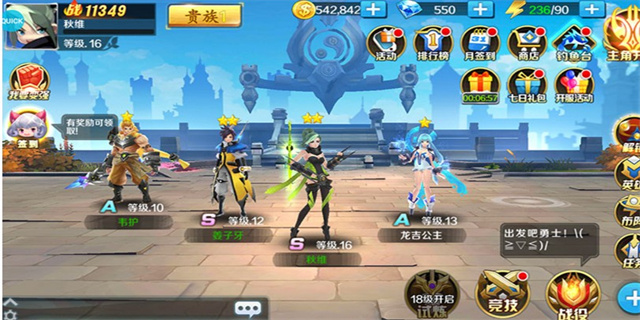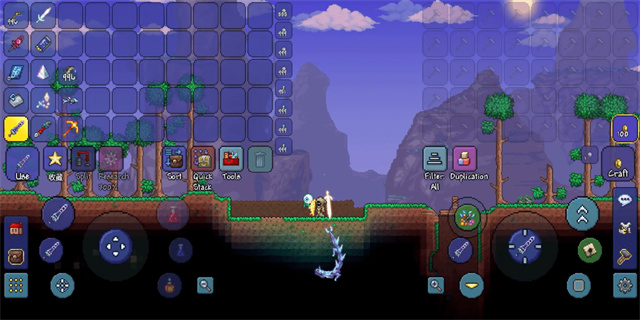We Acquire Knowledge Through Life
Learning is an integral part of human life, and it extends beyond the boundaries of formal education. Whether consciously or unconsciously, we are learning every day through our experiences, interactions, and observations. Even as technology continues to advance, the significance of learning in shaping personal and societal development remains unchanged.
Informal Learning: A Continuous Process
Informal learning refers to the lifetime process of gaining knowledge, skills, and values through personal experiences and interactions with society. This kind of learning is less structured than formal education, and it can happen at any time or place. It occurs during everyday activities, such as communicating with others, navigating new environments, and solving problems. Informal learning is essential because it exposes us to new perspectives and challenges our existing beliefs and assumptions. Therefore, informal learning is an excellent way to complement formal education and enhance personal growth.

For example, traveling to a new country offers an opportunity to learn about a different culture and language. Being open to experiencing new things allows our minds to expand, and we can consider different ways of doing things. Similarly, volunteering in a community project exposes an individual to different challenges, allowing them to gather new problem-solving strategies and develop new skills. Everyday human interactions also offer opportunities for informal learning. For instance, well-informed debates and discussions can broaden our minds and expose us to new ideas. Therefore, informal learning is not limited to structured settings, and it can happen anywhere.
Formal Learning: Directing Personal Growth
Formal learning is the structured approach for acquiring knowledge, and skills through the traditional educational systems, such as schools, colleges, and universities. Formal education is the foundation of any society as it shapes individuals’ careers, perspectives, and beliefs. Formal education can be viewed as a deliberate process to accumulate knowledge and develop skills based on well-defined curriculums. Formal education provides an environment where theoretical and practical models of the curriculum, theory, and practice converge. This convergence enables learners to explore perspectives and test theories through practical application in a safe learning environment.

Formal learning presents an opportunity to provide a structured approach to learning. It emphasizes accountability, discipline, and rigidity and typically requires learners to adhere to standardized requirements. However, this type of learning comes with more benefits compared to informal learning. Formal education provides certification for skills learned, which can be leveraged towards personal development and career growth. Formal education also provides learning in a standardized and structured way, which can equates information and knowledge transfer across the entire education sector. Moreover, it provides a network of connections that can support personal growth via mentorships, internships, and job placements.
Lifelong Learning: Creating a Continual Learning Environment
Lifelong learning is the process of acquiring new skills and knowledge through personal initiative and ceaseless learning. It involves continuously adapting to personal and societal demands while keeping up with emerging technologies, values, and skillsets. Lifelong learning is essential because it helps individuals to cope with rapid technological changes and to collaborate and communicate effectively with other individuals and sectors.
Continuous learning is achievable by leveraging formal and informal learning. Individuals with a mindset for lifelong learning tend to have high levels of intrinsic motivation, determination, and discipline. Lifelong learning requires an interest in personal growth and a desire to keep learning and improving. The steps to implementing the ethos of lifelong learning involve the creation of a learning culture. This culture involves positive attitudes towards personal growth, information sharing, and collaboration. Self-directedness is also essential to succeed as a lifelong learner.
In conclusion, learning is an essential aspect of personal and societal growth. Education does not end with formal schooling; instead, it continues throughout our lives. A combination of informal, formal and lifelong learning equips us with knowledge, skills, and values needed to thrive both personally and professionally.

















